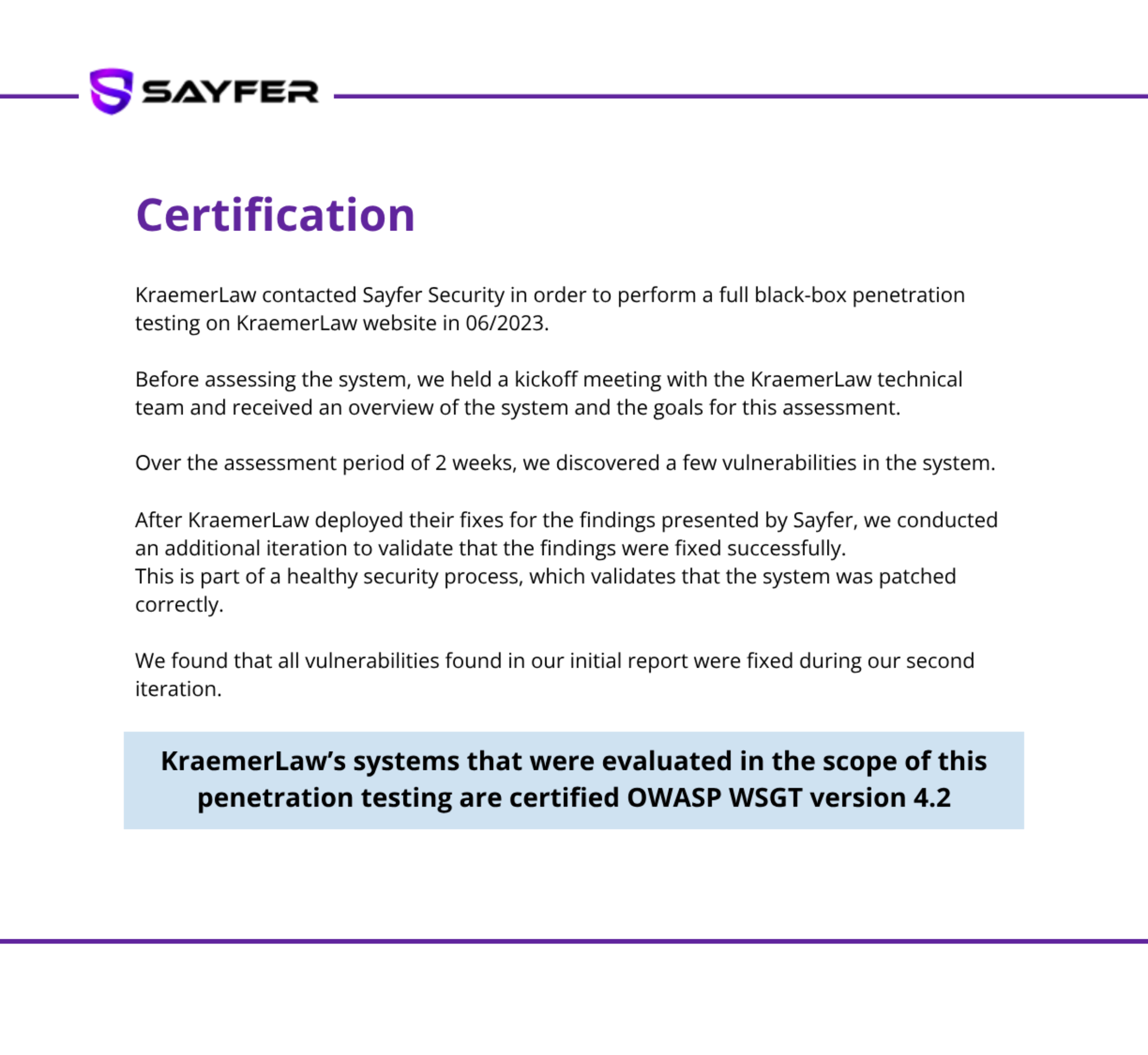Offshore company formation is not a passing trend or a plan exclusively for huge multinational corporations such as Google or Apple. It is an increasingly used strategy that allows to improve tax planning, take better care of wealth and do business in more places in the world with greater ease. What once looked like the preserve of a select few is now a tool that is accessible to many different businesses and foreign investors with the right knowledge or guidance.
Throughout this article, we will provide you with useful information that will show you the step-by-step process of incorporation. We will cover the fundamental aspects and the most important decisions that you will need to consider when setting up an offshore company in a solid and fully operational way from the very first moment.
Offshore Business Basics
To begin with, it is important to understand the meaning of the term offshore in business. It refers to commercial, financial or legal activities that take place outside the country of residence of the owner. Offshore company formation refers specifically to the establishment of a legal entity in an offshore jurisdiction in order to take advantage of its fiscal, administrative or privacy benefits.
This business model has become increasingly common, especially among companies that do business in several countries or plan to enter foreign markets. The idea is to separate the place of trade activities and the legal domicile of the corporate entity. This can help to optimize resources, avoid double taxation and have a more manageable structure. The most popular types of offshore companies registered for this purpose are the LLC (Limited Liability Company) and the IBC (International Business Company), both used and recognized for their administrative ease and tributary benefits.
Setting Up an Offshore Company in 6 Steps
Strictly following the next steps will enable a successful incorporation process without major inconveniences, avoiding errors that usually occur due to misinformation or carelessness, and that generate unnecessary setbacks in the offshore company formation.
Choosing the right offshore jurisdiction
The first step in the offshore company formation is to select the appropriate offshore jurisdiction. The choice will impact not only taxation and legal registration requirements, but also the ease of opening a bank account and conducting business internationally.
- Belize: Preferred for its fast offshore company registration process, around 24 hours if everything is in order, and no tributary obligations on income generated outside the country.
- Cayman Islands: Recognized for its asset protection laws and its direct fiscal exemption on income, profits or retention tributary obligations.
- British Virgin Islands (BVI): No corporate taxes for offshore companies formed there. The initial and annual inscription fee is around $350 USD.
- Seychelles: A large number of IBCs are registered in this country, because of its fiscal exemption for income generated outside the country and no foreign exchange controls.
Defining the type of offshore structure
Once you have chosen the offshore jurisdiction that matches your objectives, the next step is to define which type of entity is the most convenient for your goals and way of operating. In other words, whether you plan on setting up an offshore company to optimize your fiscal burden, improve your offshore business activity, or protect your assets.
It is possibly the most critical decision of the whole offshore company formation, as you must evaluate the options available in the jurisdiction. For example, the LLC is ideal for trade operations with few partners, while the IBC is preferred for activities such as international investment, copyright management or foreign trade.
Designing a registered agent
In the offshore company formation the intervention of a local registered agent is solicited by law. This person or law firm is the legal representative in the offshore jurisdiction. This means that it acts as an intermediary between the company and the authorities of that country, monitoring compliance with the law and the correct management of the international business.
Additionally, the registered agent provides guidance on the offshore company formation requirements and, once formalized, keeps custody of its legal documentation. It is also in charge of notifying the directors of any official communication or procedure. In some cases, it submits accounting reports and assists in the opening of a bank account. In essence, it constitutes an indispensable legal figure in offshore company registration.
Selecting a corporate name
Like any other company in the country of origin, the corporate name is a fundamental part of the business identity, not only to generate recognition with customers and suppliers, but also with the law. Therefore, it must be unique, not similar to the brands of other registered trademarks. In addition, each country where you are setting up an offshore company has its own rules on how the corporate name should be. Many offshore jurisdictions prohibit words such as “bank”, “insurance” or “university” unless prior approval is obtained.
It is common for the corporate name to include suffixes such as “Ltd”, “Inc.”, “S.A.” or “LLC”, depending on the structure chosen. Verifying the availability of it in the commercial registry is very important to avoid rejections or delays in the offshore company formation process.
Meeting offshore company registration requirements

Offshore company registration requirements vary from each jurisdiction. In some countries more financial solvency is demanded, while in others additional documents must be attached. Generally, the following must be submitted to the designated government entity:
- Copy of the passport of the director and shareholders.
- Proof of domicile.
- KYC (Know Your Customer) form.
- Description of the business activity.
- Definition of authorized capital stock.
In many jurisdictions, there’s no obligation to deposit the declared capital when forming the offshore company. However, the amount must still be stated as part of the official registration. This is a legal formality rather than a financial obligation at that stage. In addition, some jurisdictions ask for beneficial ownership information, which must be managed by the registered agent with absolute confidentiality.
Opening a bank account
Opening a bank account is more than just a step in the incorporation process, it is also one of the advantages of offshore company formation. Some offshore banking financial entities provide benefits to foreign investors, as they combine reasonable formalities with exclusive services, like multi-currency handling and online banking, including account opening in certain cases.
Having a bank account in the name of the company is important to participate on a global level. However, opening an account for an offshore company demands its own procedure. Banks are applying increasingly stringent verification practices. In recent years, due to international regulations such as the CRS (Common Reporting Standard), banks need specific documentation.
Among the documents ordered are:
- Certificate of offshore company formation.
- Memorandum and Articles of Incorporation.
- Identification of the owner and directors.
- Evidence of the origin of funds.
- Description of the business model.
Start Establishing Your Offshore Company Today
The offshore company formation is a useful tool for those who want to expand their business activity, have asset protection options and improve their tax planning and resource management. While it brings with it multiple benefits, it involves selecting the offshore jurisdiction, following the registration requirements, choosing the legal entity, appointing a reliable registered agent, determining a corporate name and opening a bank account.
Working with experts in setting up an offshore company is more than a formality, it is important for the proper execution of the incorporation process. At Kraemer & Kraemer we have experience in International Offshore Corporations. Contact us to define together the way forward and start now.







